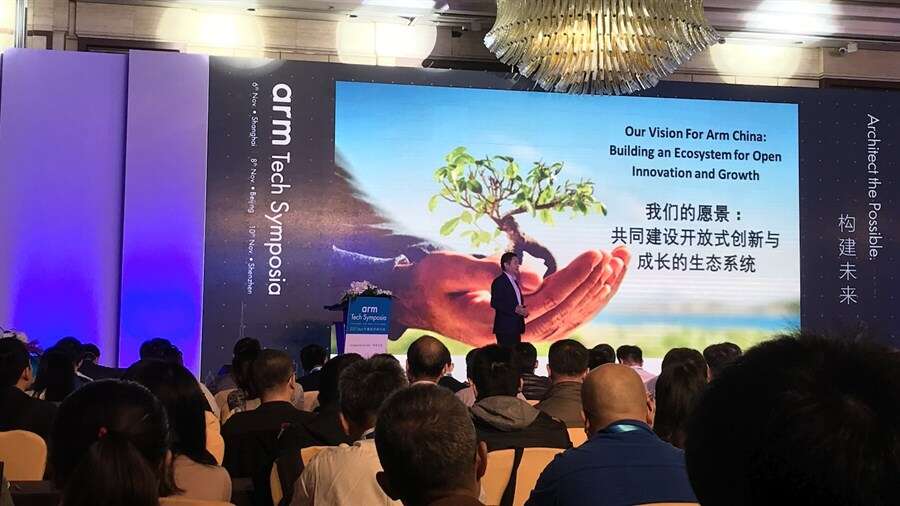Arm Deals Massive Blow to Huawei

A reported leaked internal memo at Arm has instructed all employees, including in its China subsidiary, to stop working with and supporting Huawei. It would be one of the biggest blows to date in the US-China trade war.
The UK’s BBC said it has seen an internal memo issued on 16th May 2019 telling employees to stop “all active contracts, support entitlements, and any pending engagements” with Huawei and its subsidiaries to comply with the US trade clampdown on Huawei. We contacted Arm for comment, and a spokesperson told us it was taking this action to “comply with all of the latest restrictions set forth by the U.S. government”.
It advised staff to send a note informing Huawei (or related) employees that due to an “unfortunate situation” they were not allowed to “provide support, delivery technology (whether software, code, or other updates), engage in technical discussions, or otherwise discuss technical matters with Huawei, HiSilicon or any of the other named entities”.
It appears that the memo was very clear on how employees must conform or face the consequences. It said that Arm staff that came into contact with Huawei employees at industry events must “politely decline and stop” any conversations about the business. Individuals who didn’t do so could be held personally liable for breaking the trade rules. This also appeared to apply to Arm China, according to the BBC.
This would appear to be quite complicated as Arm had set up Arm China last year primarily to overcome the local intellectual property ownership issues in China and enable Chinese developers to license the IP from a local entity.

The latest Arm ban calls into question what Huawei will now do with the land it had purchased in Cambridge, UK, to build a 400-person development team 15 minutes away from Arm’s headquarters. The announcement made earlier this month by Huawei, said the company had negotiated the purchase of a 550-acre site for £37.5 million (US $47.4 million) last year, and that the facility would be operational by 2021, to work on semiconductor and artificial intelligence development.
Elsewhere in Europe, there were reports this week citing sources from Infineon suggesting Infineon had stopped shipments of chips to Huawei to conform with the US ban. This sent European semiconductors stocks falling, including those of Infineon and STMicroelectronics; they recovered slightly following Infineon’s denial in a statement to China’s news agency Xinhua.
Infineon said it will continue to ship the great majority of products to Huawei, and it explicitly denied a report by Japanese media outlet Nikkei Asian Review, which said the German company had suspended shipments to Huawei. The statement added, “In any market where Infineon operates, we fully complies [sic] with all applicable legal requirements, laws and regulations.” It also said it undertakes every measure required to ensure reliability in meeting its customers’ demands.
“As of today, the great majority of products Infineon delivers to Huawei is not subject to U.S. export control law restrictions, therefore those shipments will continue," Infineon said. It continued to emphasize it has measures in place to thoroughly monitor any possible changes in the legal frameworks of its respective markets, enabling it to make adaptions in its international supply chain, and make efficient and proactive adjustments to support its ability to deliver wherever possible.
We also approached STMicroelectronics about its position, since Huawei is one of its top 10 customers, but a spokesperson said, “We are not providing any comment.”
The drama continues.
Update
Arm issued the following statement after we published this story:
Arm is complying with the latest restrictions set forth by the U.S. government and is having ongoing conversations with the appropriate US government agencies to ensure we remain compliant. Arm values its relationship with our longtime partner HiSilicon and we are hopeful for a swift resolution on this matter.

Nitin Dahad is a European correspondent for EE Times.
